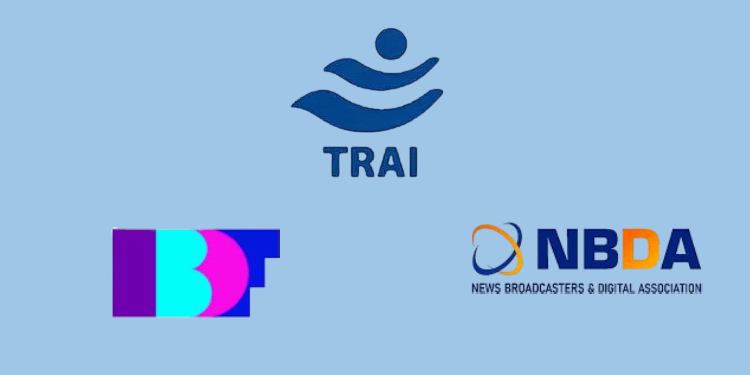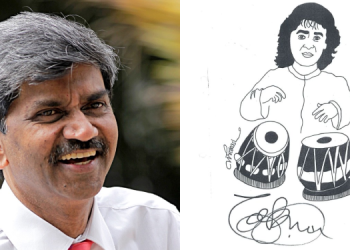New Delhi: In a significant pushback against regulatory changes, two major industry bodies representing broadcasters and digital media platforms—News Broadcasters and Digital Association (NBDA) and Indian Broadcasting and Digital Foundation (IBDF)—have voiced strong opposition to the Telecom Regulatory Authority of India’s (TRAI) proposal to integrate broadcasting services under the Telecommunications Act, 2023.
The proposal, outlined in a consultation paper issued on October 30, 2024, aims to bring broadcasting services under a unified telecommunications authorisation framework. However, NBDA and IBDF have raised serious concerns, warning that such a move would fundamentally alter the nature of the broadcasting sector and pose significant operational and constitutional challenges.
Key Issues Highlighted
Both organizations argue that broadcasting and telecommunications are inherently distinct sectors that require separate regulatory frameworks:
- NBDA’s Perspective: Broadcasting services focus on content creation and dissemination (one-to-many communication), whereas telecommunications centers on voice and data transmission (one-to-one communication). Merging these sectors could dilute the broadcasting industry’s unique identity, increase regulatory burdens, and stifle editorial freedom.
- IBDF’s Position: TRAI’s proposal exceeds its statutory mandate under the TRAI Act, 1997, which restricts its role to technical and carriage-related aspects. IBDF further argues that content regulation falls under the purview of the Ministry of Information and Broadcasting (MIB) and raises potential constitutional concerns regarding freedom of speech under Article 19(1)(a).
Implications for the Industry
The industry bodies warn that integrating broadcasting under the Telecommunications Act could lead to:
- Operational Complexities: Overlapping regulatory frameworks could create confusion and hinder the broadcasting sector’s growth.
- Increased Costs: Smaller broadcasters may struggle to meet additional licensing and compliance requirements.
- Threat to Freedom of Speech: Broadcasting, as an exercise of free expression, could face undue government control and restrictions.
A Call for Sector-Specific Legislation
Both NBDA and IBDF urge TRAI to reconsider its approach and collaborate with stakeholders to develop broadcasting-specific legislation. They stress the importance of preserving broadcasting’s distinct regulatory identity to ensure a vibrant, competitive, and independent media sector.
As the consultation process unfolds, the debate underscores the need for balanced regulation that fosters innovation without compromising fundamental freedoms or the broadcasting sector’s unique characteristics.

















